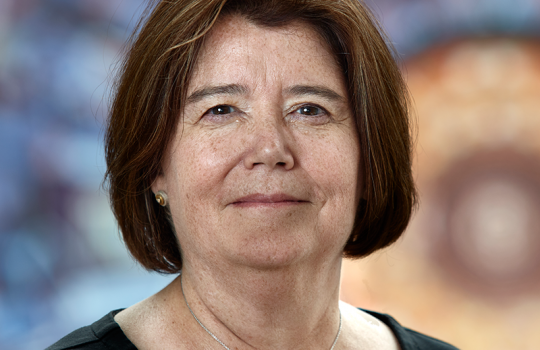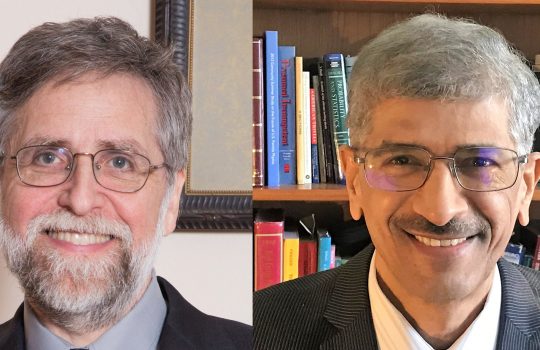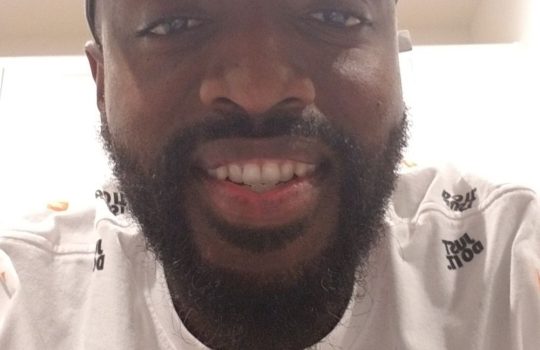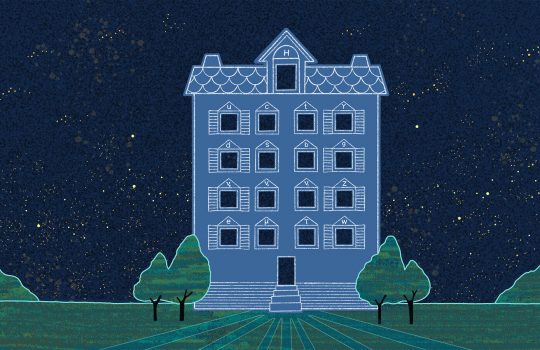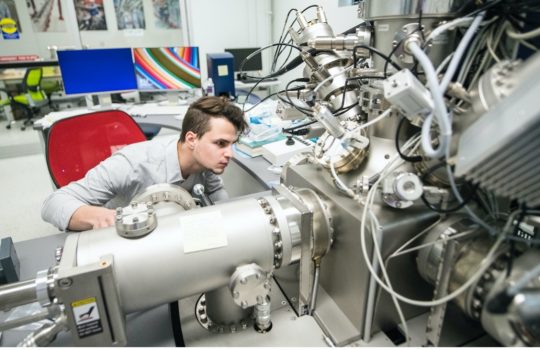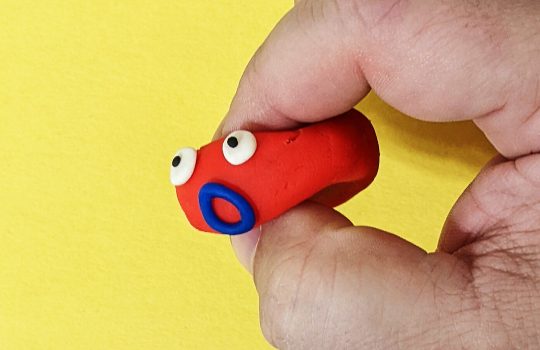You can now watch the Fermilab bison 24/7!
From WGN news radio, March 2, 2022: Fermilab’s bison camera is live and the word is spreading in Chicagoland on how the public can view the bison 24/7! Herdsman Cleo Garcia joined Lisa Dent on WGN’s Chicago afternoon news sharing how he cares for the bison herd and news on the much anticipated bison calves Fermilab is expecting this spring.

